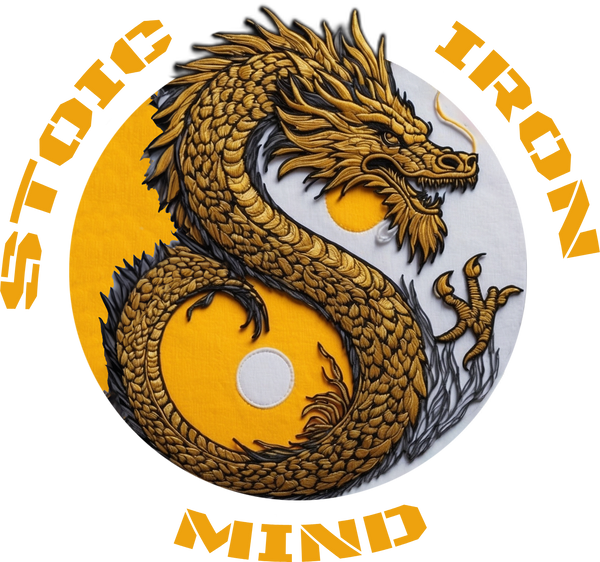
Machiavellianism: A Personality Trait
Machiavellianism is a personality trait characterized by a cunning, manipulative, and often ruthless pursuit of one's own interests. The term is derived from the Italian Renaissance diplomat Niccolò Machiavelli, whose writings on politics and leadership often emphasized the importance of power, deception, and expediency.
Key characteristics of Machiavellian individuals include:
Manipulation:They are skilled at manipulating others to achieve their goals.
Deception:They may lie or deceive to gain an advantage.
Lack of empathy:They often have little empathy for others and view them primarily as means to an end.
Focus on power:They are driven by a desire for power and control.
Cynicism:They may have a cynical view of human nature.
While Machiavellianism can be a powerful tool for achieving success, it can also lead to negative consequences, such as strained relationships, ethical dilemmas, and a reputation for being untrustworthy.
-------------------------------------
Implications of High Machiavellianism
Individuals with high Machiavellianism tend to have a more strategic and calculating approach to social interactions. They may be more likely to:
Manipulate others:They may use deception, flattery, or other tactics to influence others.
Form alliances:They may form alliances with others to achieve their goals.
Be less empathetic:They may have difficulty understanding or empathizing with the emotions of others.
Be more successful in certain careers:High Machiavellianism can be advantageous in certain careers, such as sales, politics, or law enforcement, where strategic thinking and manipulation can be useful.
However, high Machiavellianism can also have negative consequences. For example, Machiavellian individuals may be more likely to:
Have strained relationships:Their manipulative behavior can alienate others.
Engage in unethical behavior:They may be more willing to engage in unethical or immoral behavior to achieve their goals.
Experience psychological distress:High Machiavellianism has been linked to increased levels of anxiety and depression.
It's important to note that Machiavellianism is a complex trait, and its implications can vary depending on individual circumstances and other personality factors.
